Welcome to our Exotic Pet Care Hub – Your Ultimate Resource for Comprehensive Information!
At the Unusual Pet Vets, we take pride in being your go-to destination for a wealth of knowledge on caring for exotic pets. Whether you share your life with reptiles, birds, small mammals, or other extraordinary companions, our extensive library of articles and care sheets provides expert advice and information on exotic pet healthcare, nutrition, husbandry and more.
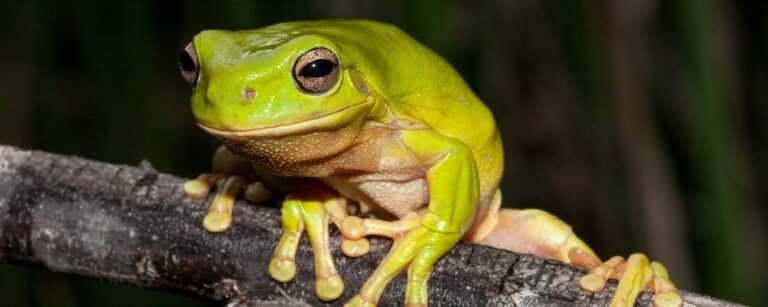
An essential part of keeping Australian tree frogs is understanding their dietary, husbandry and health requirements. Learn how to properly keep these wonderful pets from our expert team.
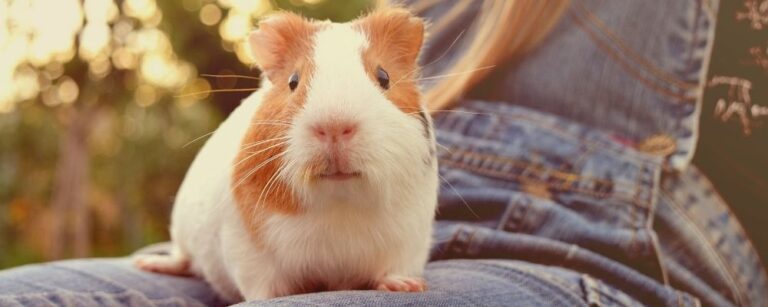
Cystic ovaries most commonly start to occur in female entire guinea pigs aged 2-4 years. Various studies have identified that up to 76% of female guinea pigs between 2 and 5 years of age have cystic changes present on their ovaries.
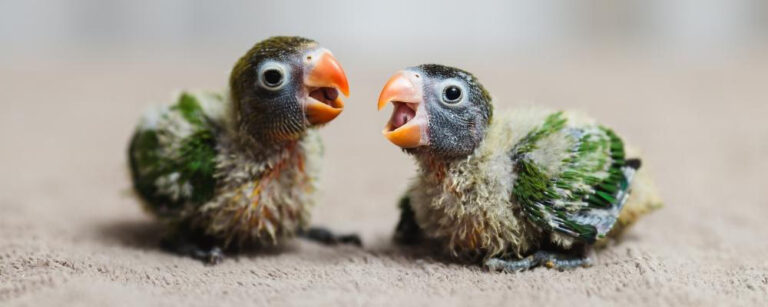
Most companion avian species are ‘altricial’, where newly hatched chicks lack feathers, have closed eyes and limited mobility. Unlike ‘precocial’ species, these babies are dependent on parental care for survival, which is independent after birth/hatching.
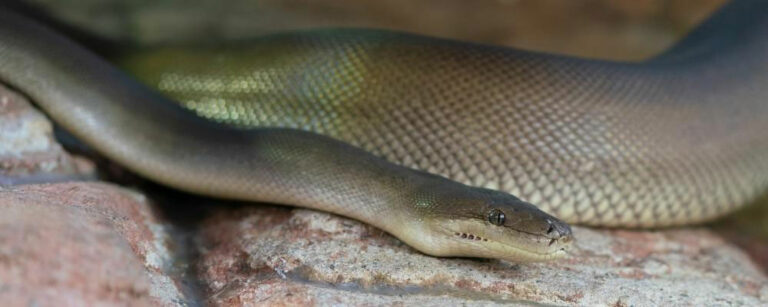
Olive pythons can grow up to 6m in length, making them one of Australia’s largest pythons. They originate from the very north of Western Australia, the Northern Territory and Queensland.
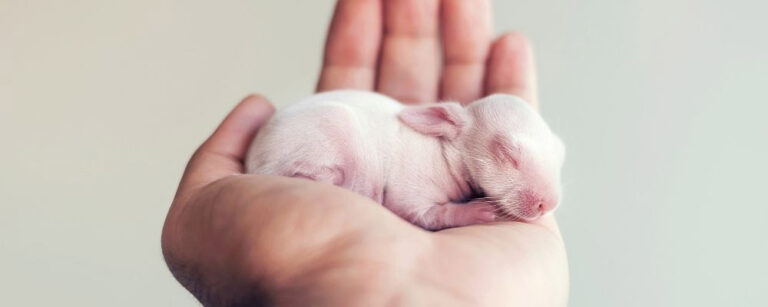
Hand-raising baby rabbits can be tricky and demanding, requiring a lot of time and dedication. This responsibility should never be taken lightly, and some points should be considered before deciding to hand-raise a baby bunny.
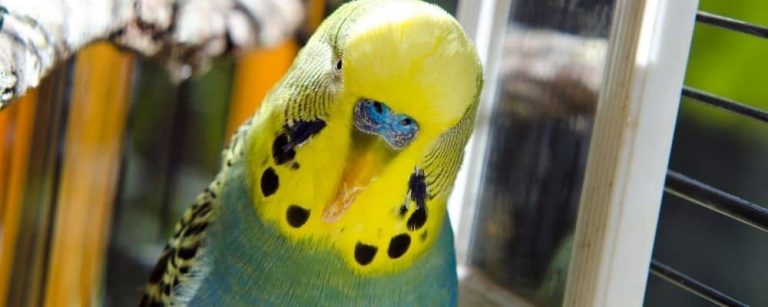
Beak overgrowth is fairly common in avian species, as the beak grows long, it can impair your bird’s ability to eat, groom and drink normally. A healthy bird wears their beak down and does not require routine beak trimming.
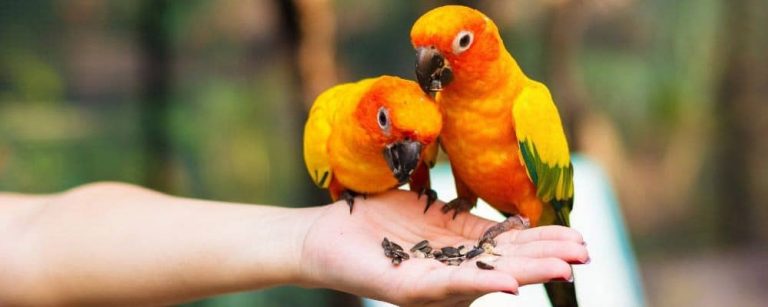
Liver disease in the avian patient is a broad term that relates to inflammation, infection, or degeneration of your bird’s liver. There are a broad range of causes for this group of conditions, the good news for owners and their birds is that the liver is good at regenerating.
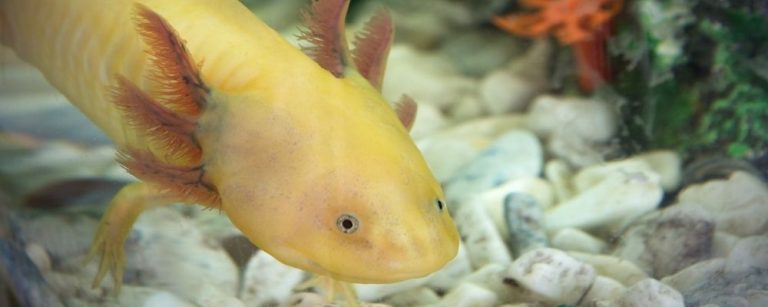
Bloat is a common issue seen in axolotls. There are a number of causes including infection (such as bacteria or mycobacteria), foreign body ingestion, intestinal parasitism, inappropriate temperature, gas entrapment, and cancer.
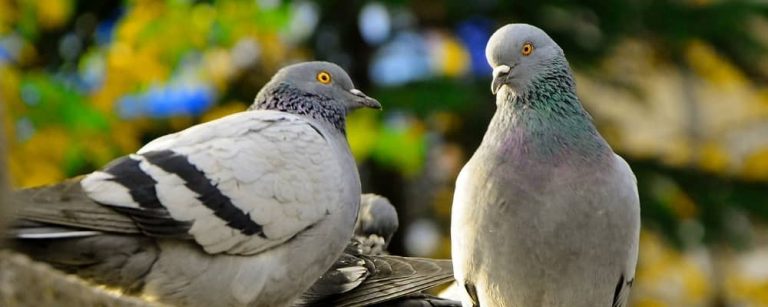
Pigeons and doves can make lovely pets. They are suitable for homes that enjoy quieter birds, producing a soft and calming coo compared to our more vocal parrots.
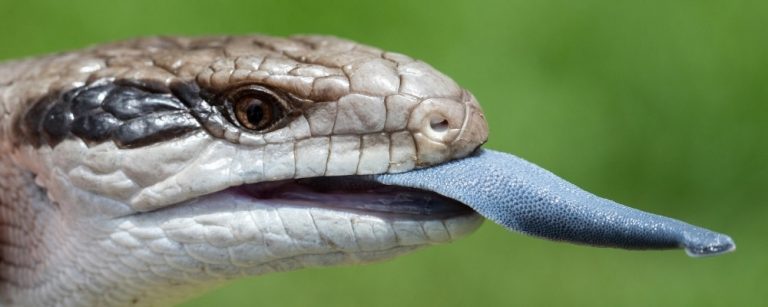
There are many different subspecies of the Blue-Tongued Skink, and with this comes some differences for how to care for them in captivity. The information shared in this article is an overview for how to care for Blue-tongued skinks and it is important for keepers to research the specific subspecies they are keeping.
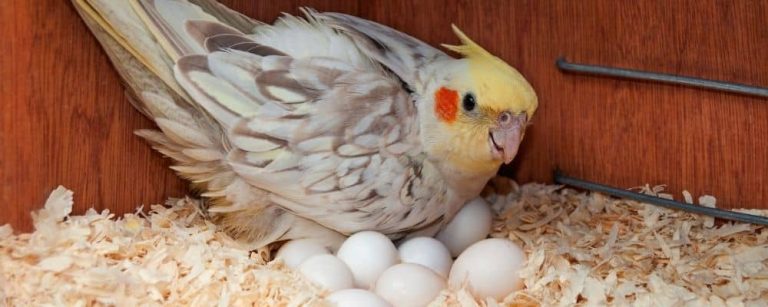
Chronic egg-laying is when your bird lays eggs more often than it should. Laying an egg places huge metabolic demands on your bird, and over time excessive egg-laying can lead to problems. An inappropriately high reproductive drive often causes chronic egg laying.
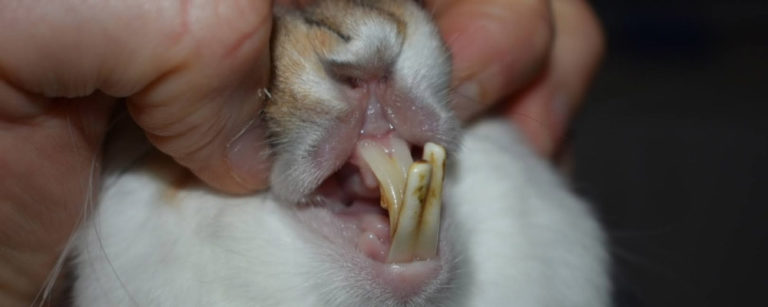
Incisor malocclusion is a dental condition where the incisors don’t line up correctly and consequently, the normal process of chewing doesn’t wear down the rabbit’s teeth. It is commonly seen in rabbits that have a short face, such as mini-lops or Netherland dwarfs.
Osborne Park Clinic
Unit 4, 325 Harborne Street
Osborne Park, WA 6017
(08) 6117 7450
Sunshine Coast Clinic
91 King Street
Buderim, QLD 4556
(07) 5353 6090
Peninsula Clinic
210 Karingal Dr,
Frankston, VIC 3199
(03) 8738 3210
Jindalee Clinic
62 Looranah St,
Jindalee, Queensland 4074
(07) 2104 9499
Murdoch Clinic
Unit 6, 170 Murdoch Drive,
Murdoch WA 6150
(08) 6117 7440
Canberra Clinic
107-109 Wollongong Street,
Fyshwick ACT 2609
(02) 5119 3659
Adelaide Clinic
316 Main North Road Prospect,
SA, 5082
(08) 7079 5023
Ferntree Gully Clinic
57 Austin Street
(Corner Austin St & Alma Ave)
Ferntree Gully, 3156
(03) 9758 8851
Chermside Clinic
248 Hamilton Rd,
Chermside QLD 4032
(07) 3359 2233
Sydney Clinic
995 Bourke Street, Waterloo,
Sydney, NSW, 2017
(02) 9319 6111
Jindalee Clinic
62 Looranah St,
Jindalee, Queensland 4074
(07) 2104 9499
Sunshine Coast Clinic
91 King Street
Buderim, QLD 4556
(07) 5353 6090
Chermside Clinic
248 Hamilton Rd,
Chermside QLD 4032
(07) 3359 2233
Peninsula Clinic
210 Karingal Dr,
Frankston, VIC 3199
(03) 8738 3210
Ferntree Gully Clinic
57 Austin Street
(Corner Austin St & Alma Ave)
Ferntree Gully, 3156
(03) 9758 8851
Osborne Park Clinic
Unit 4, 325 Harborne Street
Osborne Park, WA 6017
(08) 6117 7450
Murdoch Clinic
Unit 6, 170 Murdoch Drive,
Murdoch WA 6150
(08) 6117 7440
Adelaide Clinic
316 Main North Road Prospect,
SA, 5082
(08) 7079 5023
Canberra Clinic
107-109 Wollongong Street,
Fyshwick ACT 2609
(02) 5119 3659
Sydney Clinic
995 Bourke Street, Waterloo,
Sydney, NSW, 2017
(02) 9319 6111